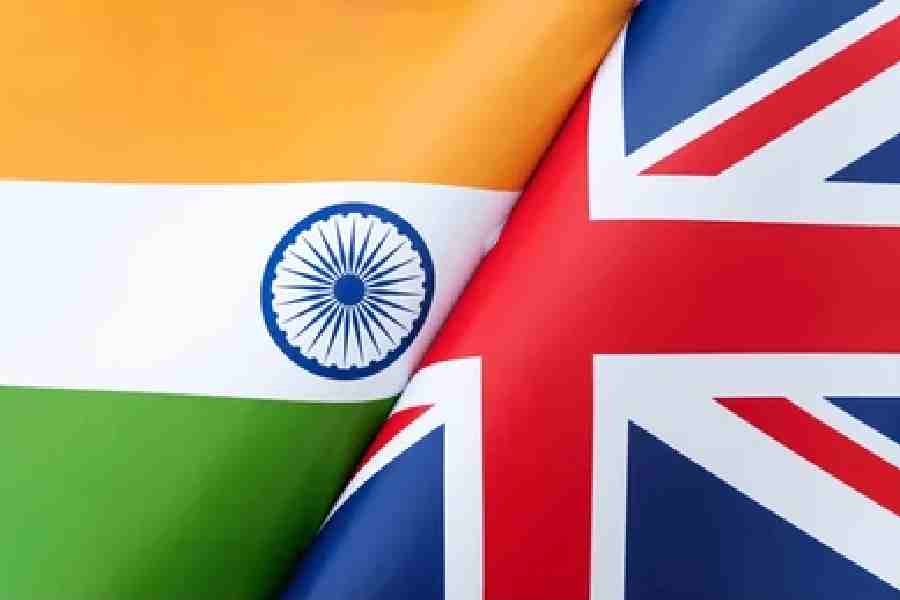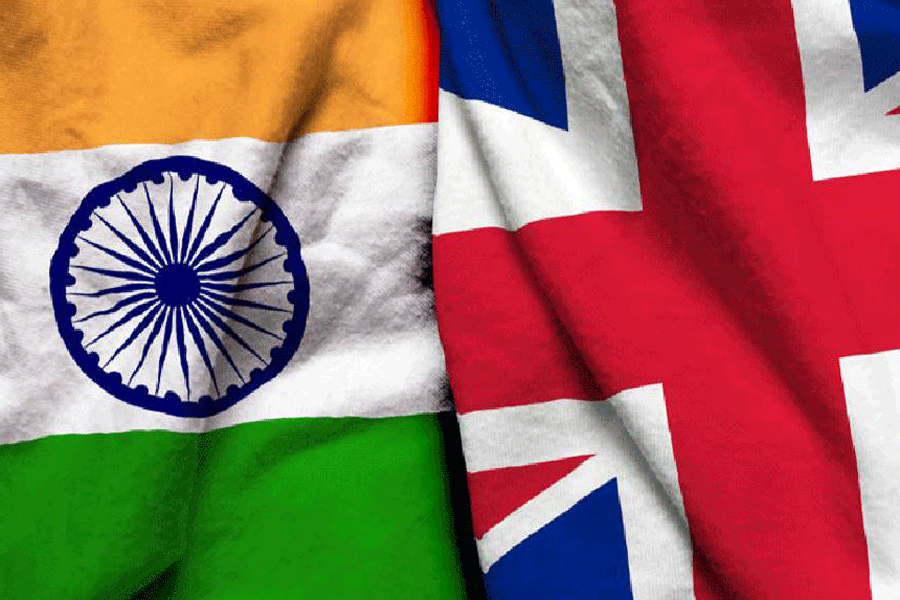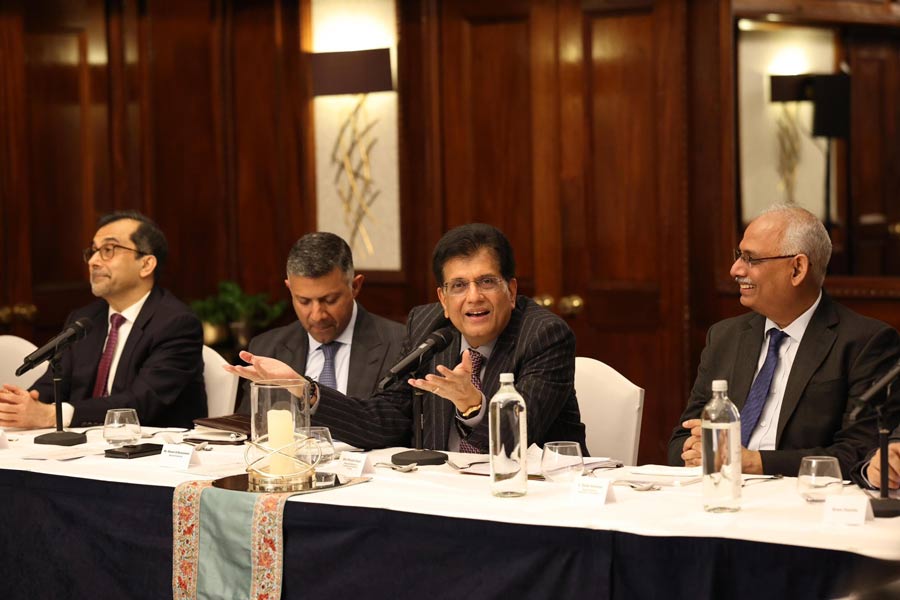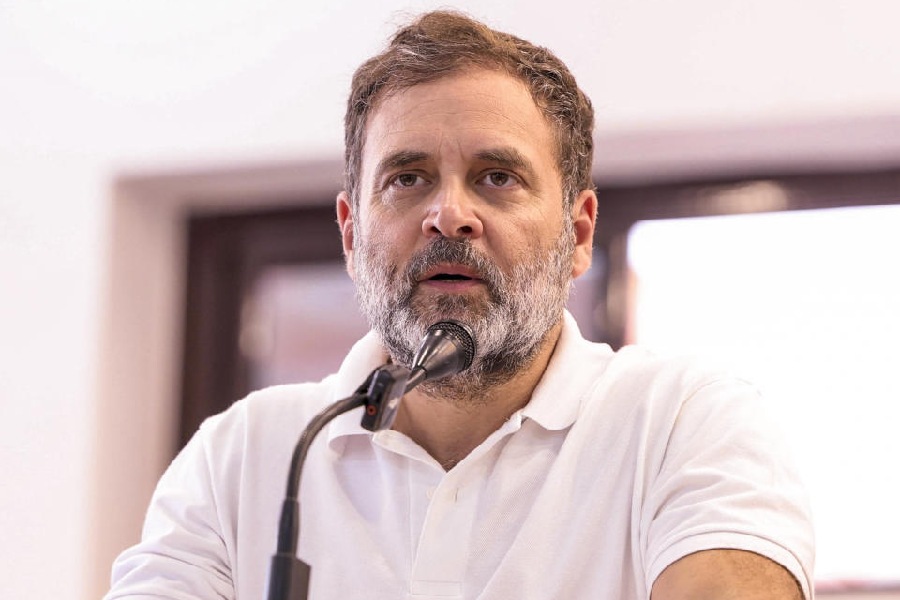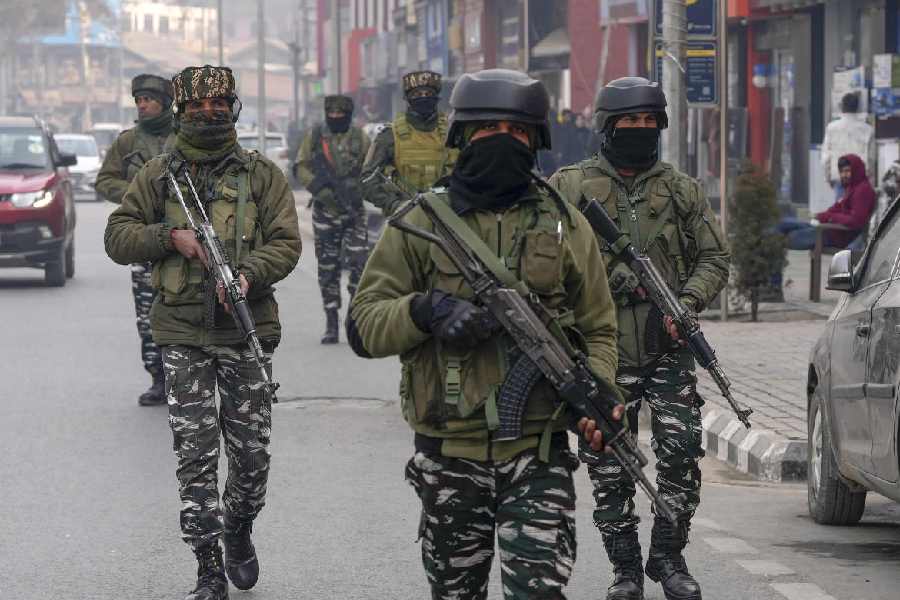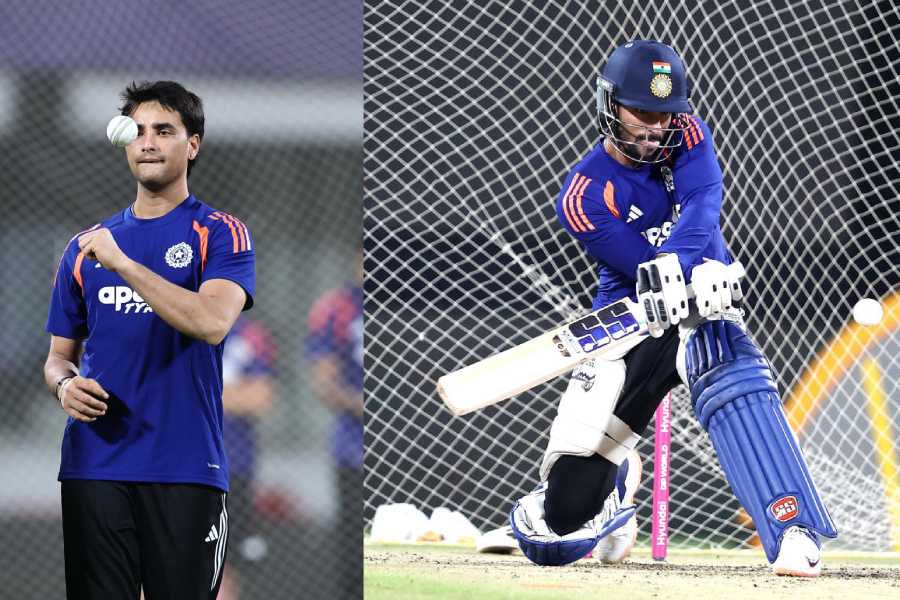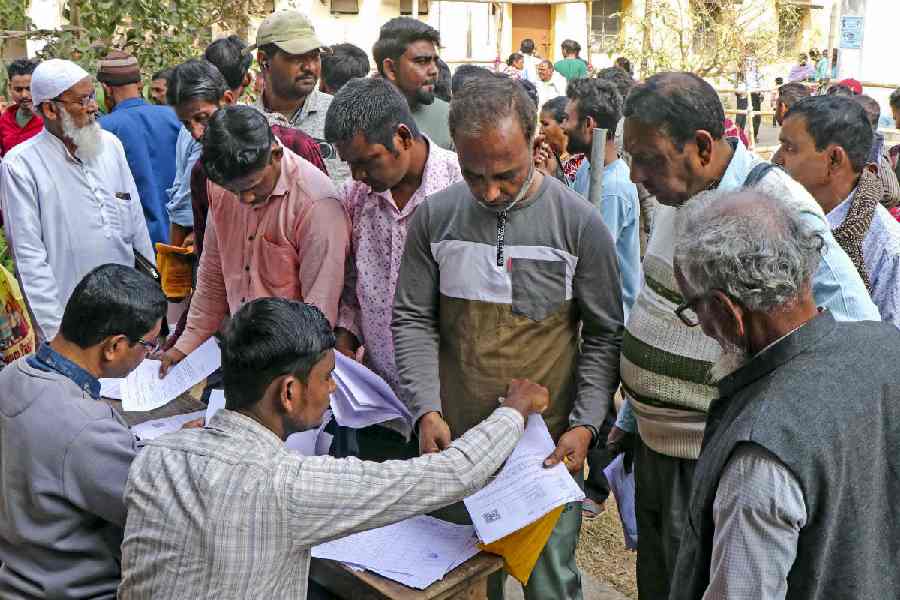UK and India clinched a free trade agreement on Tuesday, in a landmark deal that represents London's most significant post-Brexit pact, and was finalised in the shadow of U.S. President Donald Trump's tariff increases.
The deal, between the world's fifth and sixth largest economies, has been concluded after three years of stop-start negotiations and aims increase bilateral trade by a further 25.5 billion pounds ($34 billion) by 2040 with liberal market access and eased trade restrictions, reports Reuters.
The deal lowers tariffs on goods like whisky, advanced manufacturing parts and food products like lamb, salmon, chocolate and biscuits, soft drinks, as well as medical devices. It also agrees quotas on both sides for autos imports.
Scotch whisky tariffs set to be halved from 150 to 75 per cent and automotive tariffs set to fall from 100 to 10 per cent under a quota, reported PTI.
According to The Guardian, tariffs on British cars will be reduced from 100% to 10%, with quotas set on the number of British cars that can be exported to India and vice-versa.
The UK will lower tariffs on Indian clothes, footwear and food products. Ministers said this would give consumers access to cheaper products and more choice.
Huge win with three-year exemption from social security payments for Indian employees working in the United Kingdom, reports PTI.
In a post on X, Modi wrote, "Delighted to speak with my friend PM Kier Starmer. In a historic milestone, India and the UK have successfully concluded an ambitious and mutually beneficial Free Trade Agreement, along with a Double Contribution Convention. These landmark agreements will further deepen our Comprehensive Strategic Partnership, and catalyse trade, investment, growth, job creation, and innovation in both our economies. I look forward to welcoming PM Starmer to India soon."
"We are now in a new era for trade and the economy. That means going further and faster to strengthen the UK's economy," British Prime Minister Keir Starmer said.
"Strengthening our alliances and reducing trade barriers with economies around the world is part of our plan for change to deliver a stronger and more secure economy here at home."
Officials said the deal involved no change to immigration policy but would facilitate visa routes for Indian professionals in certain sectors, reports The Guardian.
The trade agreement between India and the UK comes at a time of rising trade tensions globally. United States President Donald Trump has raised tariffs on imports worldwide, straining relations with allies and adversaries.
Jonathan Reynolds, the business and trade secretary, held talks with his Indian counterpart, Piyush Goyal, in London on April 29 (Tuesday) last week, where the majority of outstanding issues were agreed.
Earlier, in February, Prime Minister Narendra Modi and Prime Minister Keir Starmer of the United Kingdom met on the sidelines of the G-20 Summit in New Delhi, to underline the importance of resuming trade negotiations at an early date.

